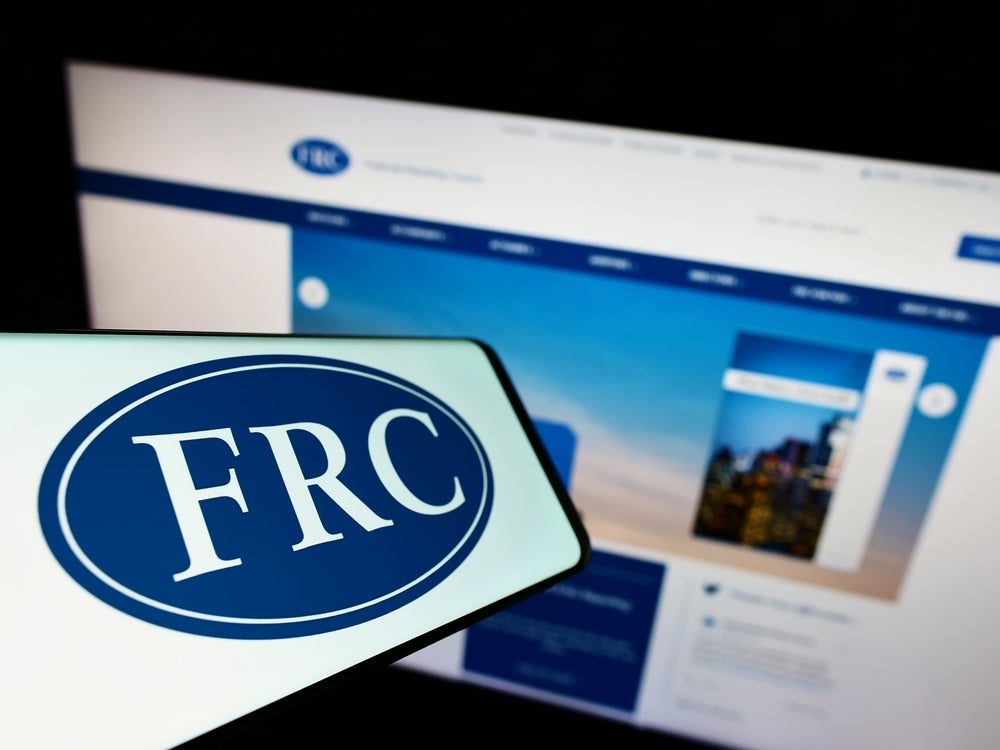The UK Financial Reporting Council (FRC) has issued FRS 102 The Financial Reporting Standard Applicable in the UK and Republic of Ireland which replaces the UK GAAP regime, together with FRS 100 Application of Financial Reporting Requirements and FRS 101 Reduced Disclosure Framework.
The principle-based standard is based on the International Financial Reporting Standard for Small and Medium-sized Entities (IFRS for SME) and provides "succinct accounting and reporting requirements for unlisted entities", the FRC said in a statement.
FRC accounting council chairman Roger Marshall said FRS 102 "modernises and simplifies financial reporting for unlisted companies" slashing UK GAAP code from 3,000 pages to 350.
The Accountant understands around 50,000 companies in UK could be affected by the change as FRS 102 would apply not only to non-listed companies but all entities obliged to prepare financial statement including financial institutions and charities.
Industry reaction
The accounting profession has welcomed the new standard, regarded as the culmination of UK’s reporting framework for a vast majority of companies in the country.
How well do you really know your competitors?
Access the most comprehensive Company Profiles on the market, powered by GlobalData. Save hours of research. Gain competitive edge.

Thank you!
Your download email will arrive shortly
Not ready to buy yet? Download a free sample
We are confident about the unique quality of our Company Profiles. However, we want you to make the most beneficial decision for your business, so we offer a free sample that you can download by submitting the below form
By GlobalDataInstitute of Chartered Accountants in England and Wales (ICAEW) Financial Reporting Faculty head Nigel Sleigh-Johnson said FRS 102 represents "the final piece in this new UK accounting standards puzzle" and "a big shake-up" of the rules used by non-listed companies.
"The new UK GAAP is much shorter, clearer and simpler than the old regime, which was outdated and rather lacking in coherence, and is thus a great improvement overall. It also aligns UK accounting more with international thinking," Sleigh-Johnson added.
PwC UK partner Iain Selfridge welcomed the fact that FRS 102 has also incorporated aspects of previous UK GAAP which would minimise the effort involved for many companies moving to the new framework.
"The FRC has achieved the tricky task of modernising UK GAAP while keeping the cost burden for companies to a minimum. Those that wish to embrace the complexity of full IFRS may do so while those that wish to apply a framework more suited to their needs may apply FRS 101 or FRS 102," Selfridge added.
Similarly, Ernst & Young UK’s financial accounting advisory services partner and leader Andrew Davies welcomed the release of the standard.
"FRS 102 […] brings full clarity for preparers over the framework for their future statutory reporting. Entities adopting the standard will benefit from the simplified accounting principles and some disclosure reductions, compared to UK GAAP," Davies commented.
‘Irish’ GAAP
Chartered Accountants Ireland technical policy director Aidan Lambe greeted with satisfaction the new reporting standard underlying that it comes after a decade-long process which involved outreach and consultation by the FRC, including with Irish stakeholders.
"The result is the modernisation and streamlining of the accounting rulebook in Ireland and the UK. The new UK & Irish GAAP replaces the nearly all extant accounting standards which run to some 3,000 pages of detail, including a number which were issued in the early 1970’s. The new standard moves UK & Irish accounting practice closer to the international framework currently adopted by listed entities but with reduced complexity," Lambe said.
Early adoption encouraged
As FRS 100 and 101, published in November 2012, the new reporting standard will be effective from 1 January 2015 although it is possible to adopt it for accounting periods ending on or after 31 December 2012.
"The goalposts are fixed and the clock has started ticking. Two years sounds a long time to prepare but those who evaluate their options now will be better placed to implement their plans in a way that minimises disruption to the business and maximises the benefits," PwC UK’s Selfridge said.
In the same vein ICAEW’s Sleigh-Johnson warned companies should be familiar with the forthcoming changes in financial reporting standards, specially their staff who should gain the right skills to applying the framework.
"They have got some time to do this, but as it is possible to implement changes on a voluntary basis before they become compulsory in 2015, it is worth getting this onto the agenda sooner rather than later," Sleigh-Johnson remarked.
Ernst & Young UK’s Davies advised companies to adopt FRS 102 as soon as possible as the deadline is fast approaching.
Academics skeptical
University of Essex Professor of Accounting Prem Sikka questioned whether this simplification or reduction of accounting standards is possible at all.
"This is a sideshow: the principles have not changed in any way. Although the FRC has reduced the text, standards have to be as demanding as before for anyone to comply with. I don’t think [the new standard] simplifies anything. The main issue is about whether the accounts which are produced by corporations are credible and make sense," Sikka told The Accountant.
Asked whether the new standards might represent fresh business opportunities for the actors within the accounting industry, Sikka said:
"It could well be but I think this is what the FRC has to decided, if it is a regulator or a cheerleader for the industry. At the moment it is functioning more as a cheerleader as one observes from the composition of its board, dominated by people from the industry. Where are the representatives of the so-called users? Where are the representatives of the employees, trade unions, unsecured creditors or small investors? They are simply not there," Sikka argued.
Related article
UK FRC issues standards to ease reporting burden
Related links
Financial Reporting Council





